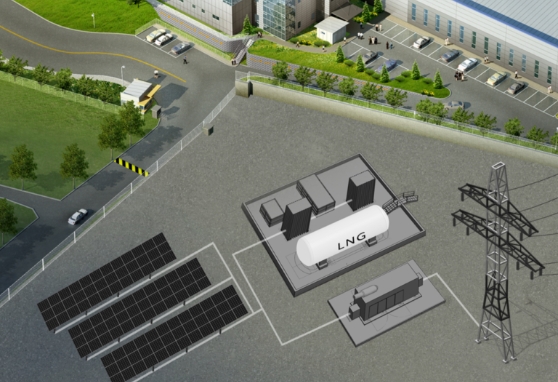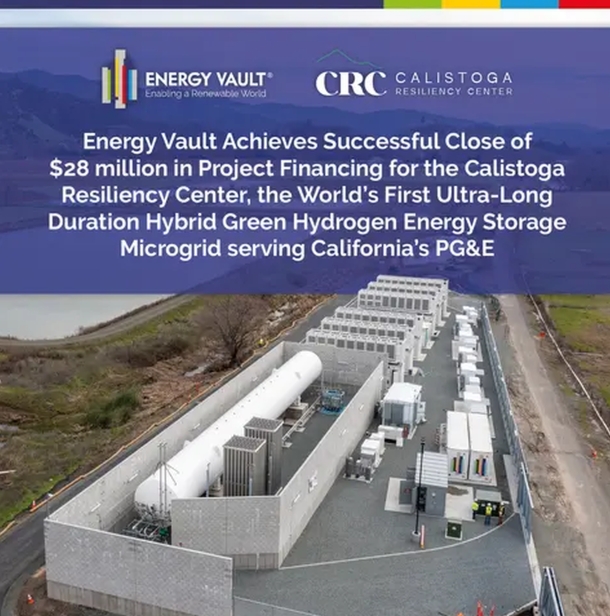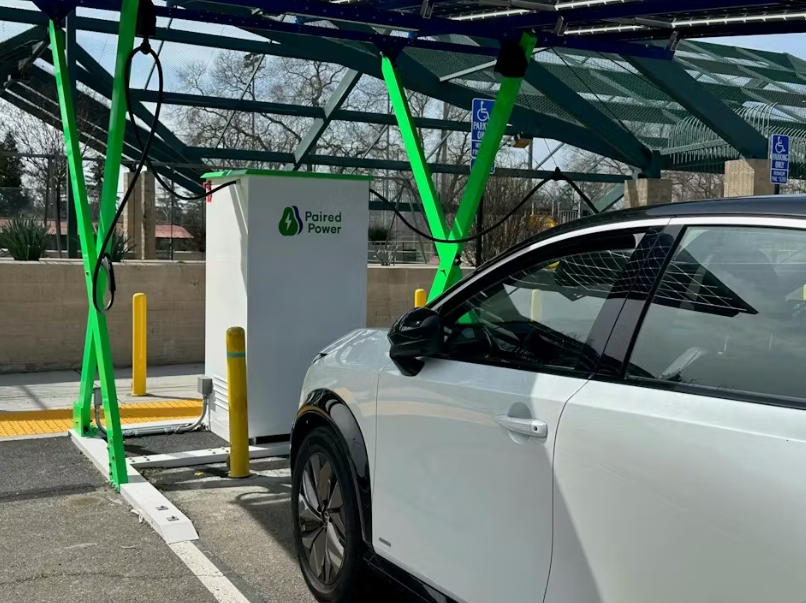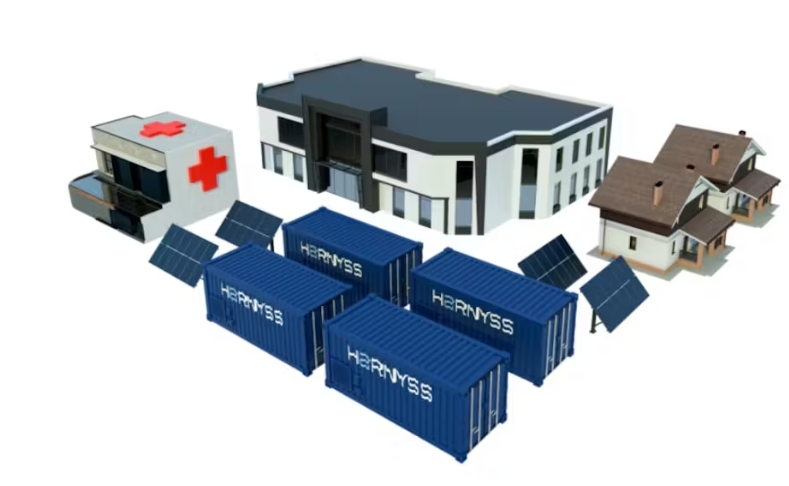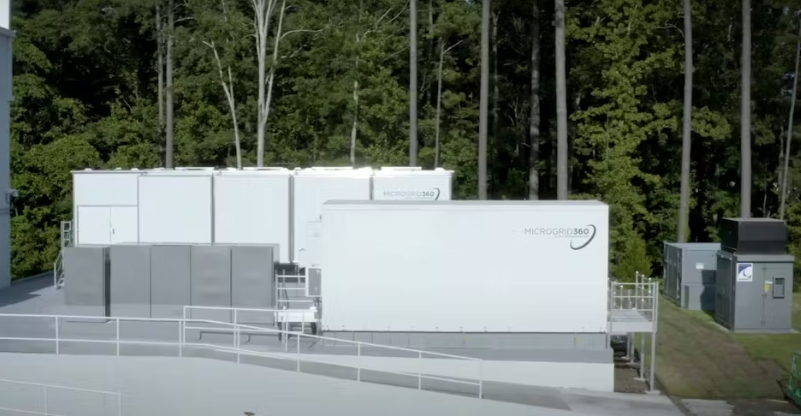In a recent announcement, INNIO Jenbacher revealed their part in preventing a blackout on the European grid on 8 January 2021.
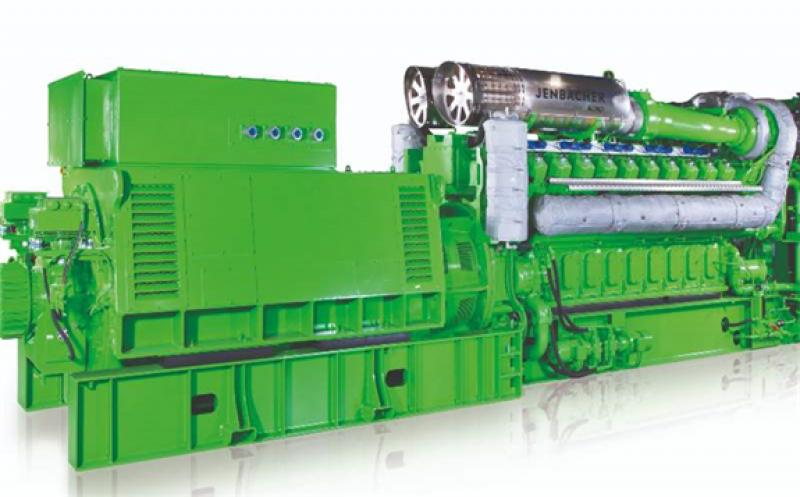
On 8 January the European power grid experienced a sudden and critical drop in electrical frequency. However, a potential blackout was successfully avoided as a result of immediate steps taken by European grid operators, including further splitting up of Europe’s interconnected power system.
A stable frequency was regained within a few minutes and according to INNIO, around 4,000 flexible, fast-start, dispatchable Jenbacher gas engines played an active part in the operation.
A frequency deviation from the normal 50 Hertz is a highly precarious situation and can, in extreme cases, lead to a large-scale and lengthy power failure known as a “total blackout.”
To prevent this from happening, automated security systems have been put in place that can be enabled at short notice and, in this particular instance, these backup systems successfully swung into action. Thanks to a coordinated approach that quickly ramped up reserve capacities, for example through gas-powered plants, in addition to the deployment of stabilising measures, the frequency was quickly restabilised and the worst-case scenario was avoided.
“Because of the recordings made by our myPlant Asset Performance Management System, we know that at the time of the near-blackout in January 2021, almost 4,000 Jenbacher gas engines played a role in stabilising the European grid,” explained Andreas Kunz, chief technology officer at INNIO.
The engines responded to the frequency change within a few milliseconds and were able to help avert a damaging blackout by feeding around 6GW into the European grid.
INNIO’s statement emphasises the impact of expanding renewables in Europe and how increasing demand is placing pressure on the supply systems. Renewables can be seen as volatile and to prevent blackouts from occurring, the grid needs reliable power sources – namely centralised large-scale power plants and decentralised power plants – that can be called upon at any time to make up any shortfalls.
“The decentralised supply of energy based on cogeneration systems has a key role to play in securing the electricity and heat supply across Europe in the decades ahead and in putting the energy supply on a more sustainable footing,” added Andreas Kunz. “In the short and medium-term, that means gas power plants that operate on natural gas. In the long term, these plants must also be made CO2 neutral by running them on biomethane or even CO2 free through the use of hydrogen, for example,” added Kunz.
Gas engines that form part of a decentralised supply system are particularly well-suited to rapid start-up and load balancing in the event of fluctuations in consumption levels, a factor that will continue to gain importance with ever-advancing electrification (e.g. through electric vehicles and heat pumps).
